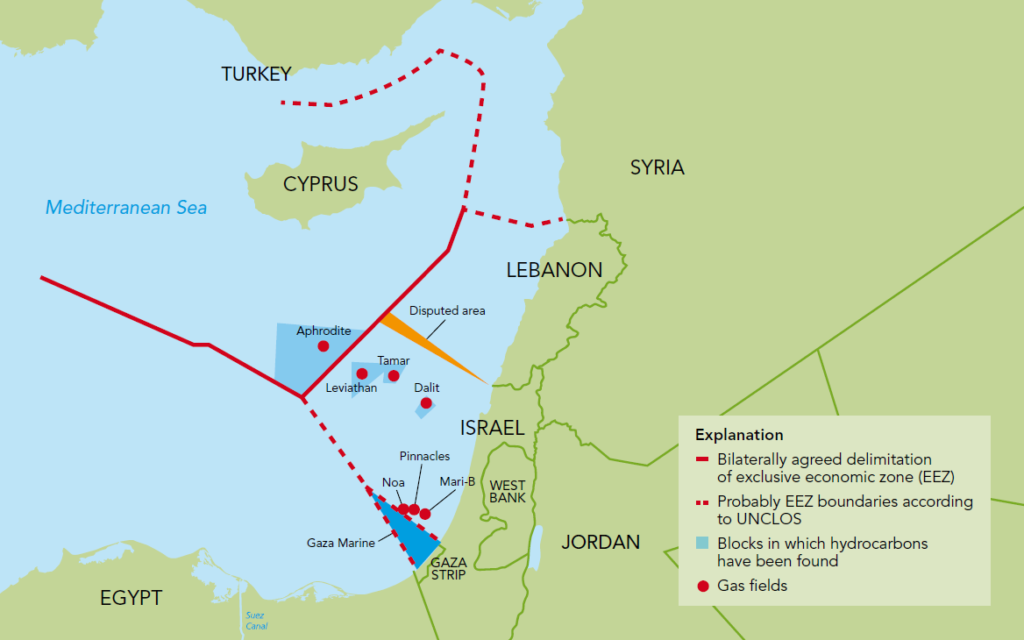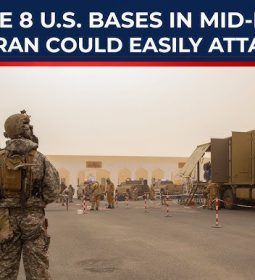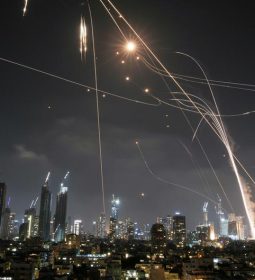Palestine-Israel conflict: Reduction of Gaza fishing zone an ‘illegal collective punishment’

Move comes days after Israel extends the fishing zone to 15 nautical miles as part of a ceasefire agreement.
![Reduction of Gaza fishing zone an 'illegal collective punishment' Israel says its decision is in response to a rocket fired by the Islamic Jihad, an allegation the group denies [File: Ali Jadallah/Anadolu]](https://www.aljazeera.com/mritems/imagecache/mbdxxlarge/mritems/Images/2019/4/30/8d2c87c0e1724ed29d207a4f4b600915_18.jpg)
A decision by the Israeli military to scale down the permitted fishing zone in the besieged Gaza comes as “no surprise” to the enclave’s 4,000 fishermen.
“The decision did not come as a surprise. The occupation always backs down from agreements that affect fishermen in the strip,” Zakaria Bakr, head of Gaza’s fishermen’s union, told Al Jazeera.
Citing an alleged rocket attack, the Israeli army said on Tuesday fishing in Gaza would only be permitted up to six nautical miles (11km) until further notice.
The move came after Israel extended the zone to a maximum of 15 nautical miles on April 1 as part of an Egypt-brokered ceasefire between Israel and Hamas, the group that governs the Gaza Strip.
The decision was in response to a rocket fired by the Islamic Jihad group late on Monday, the Israeli army said in a statement on Tuesday, an allegation the Palestinian group denies.
“Israel’s accusations are part of a smear campaign against the Islamic Jihad movement,” Islamic Jihad spokesman Mosaab al-Breim told Al Jazeera.
“It is also part of its psychological warfare that it has long waged against the Palestinian people … The Islamic Jihad’s armed wing did not confirm a launch of a rocket towards the [Israeli] occupation,” he said.
Bakr of the fishermen’s union said Israel’s decision comes at a critical time, and that the ceasefire agreement failed to ease Israel’s crippling blockade of the strip.
The purpose of the expansion was to boost Gaza’s economy, which relies heavily on the fishing sector.
Many fishermen had expressed their content at the rare gesture, especially as the holy month of Ramadan looms. But today, they said, it is a “very sad and difficult” situation.
“Israel always makes excuses [to scale down the permitted fishing zone] especially when the fishing season is upon us,” Bakr said.
Boats in the Gaza Strip are “more active” during spring than any other time of year, he said, stressing that the move was a continuation of Israel’s “systematic oppression” against Gaza’s fishermen, as well as its nearly two million residents.
Boats dispersed
Apart from 4,000 fishermen who rely on the sector as one of the few available opportunities to work in Gaza, there are at least 1,500 more people who benefit from selling and exporting the fish caught there.
But exports have dwindled over the years, and the decline of Gaza’s fishing sector is among many consequences of the Israeli policy.
In 2007, following Hamas’s victory in elections which gave it control of the besieged territory, imposed a strict land, aerial and naval blockade.
The move also restricted the entry of raw materials, leaving most boats lacking the necessary renovations needed to operate at full potential.
Israel’s ever-changing limit on how far fishermen are allowed to sail out into the Mediterranean sea has placed many boats – and lives – at risk.
Omar Mounir’s boat was among 50 fishing vessels that sailed from the coast of Gaza on Tuesday morning.
“This morning we were out at sea, trying to catch fish like we usually do,” the 51-year-old told Al Jazeera.
He said the boats were at the 11 nautical-mile mark when they saw Israeli navy boats coming their way.
“They fired water cannon to disperse the boats – some broke down and other smaller ones completely sank,” Mounir said.
“They forced us to turn around and return to the shore, saying the limit has been pushed back to six nautical miles … We didn’t have time to pull back our fishing nets that we had cast into the water.”
Under the Oslo Accords signed in 1993, Israel is obligated to permit fishing up to 20 nautical miles, but this has never been implemented.
Israel has over the past decade launched three major assaults on Gaza that have heavily damaged much of the city’s infrastructure. During these assaults, fishing has been banned altogether.
Fishermen Al Jazeera spoke to said it could cost up to $400 to make one fishing trip off the coast of Gaza.
Although the permitted zone was extended to 15 nautical miles, many of the fishermen lacked adequate equipment or fuel to make it all the way.
Miriam Marmur from Gisha, an Israeli rights organisation, told Al Jazeera Israel’s latest move constitutes “illegal collective punishment”.
“Israel shrinks and expands Gaza’s fishing zone regularly, often as a punitive measure, causing great uncertainty and insecurity,” Marmur said.
According to her, Israel’s restrictions on Gaza have been enforced as part of an official policy of “economic warfare” on the strip, and have “little” to do with security.
Since March 30, 2018, Palestinians in the Gaza Strip have been calling for an end to the blockade. They have also been demanding the right to return to lands from which their families were expelled during the founding of Israel in 1948.

At least 6,500 protesters have been shot by Israeli snipers, killing more than 250 including children, journalists and medics, according to Gaza’s Ministry of Health.
Additional reporting by Farah Najjar
- Previous US could lose a key weapon for tracking Chinese and Russian subs
- Next Istanbul Airport hosts record number of flights
















